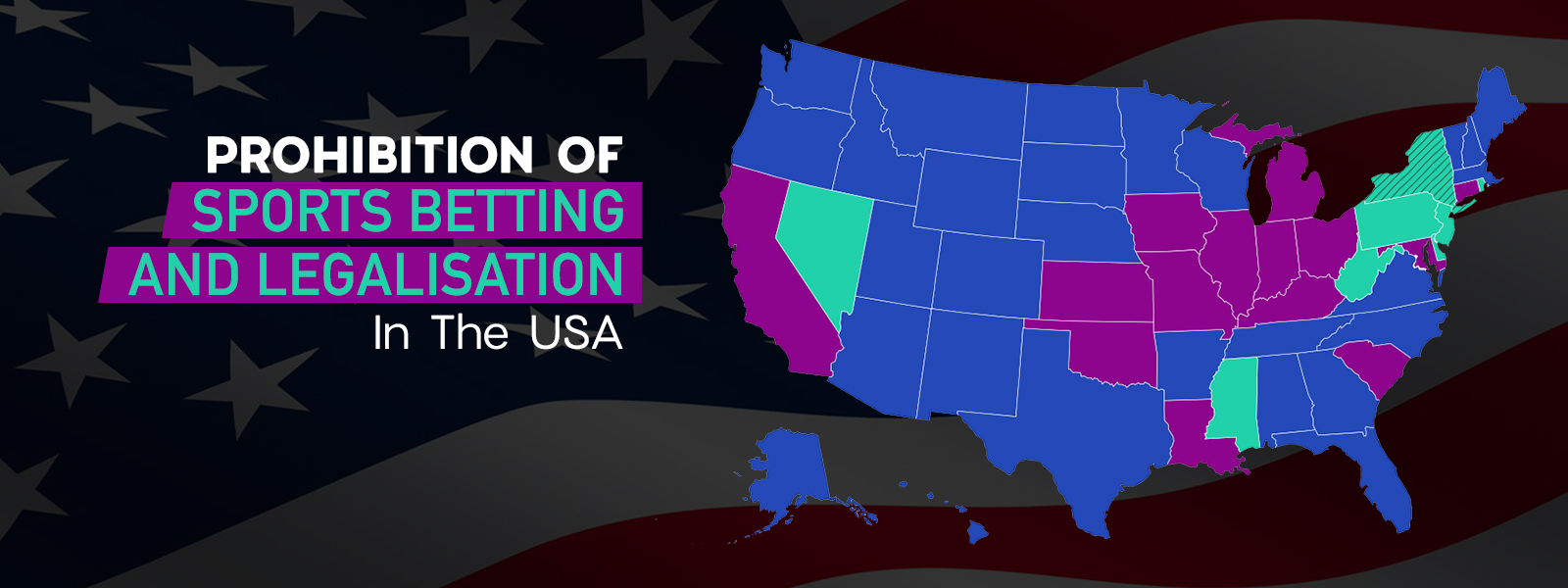
Betting, more specifically, sports betting is an everyday recreational activity all over the world. Taking into consideration both legal and back markets; the total value of the global gambling industry is difficult to estimate due to the lack of data, but it is approximated to be worth billions of dollars.
PASPA
On the 14th of May, 2018, the Supreme Court of the United States struck down the Professional and Amateur Sports Protection Act of 1992 (PASPA), also known as the Bradley Act, a federal law, which subsequently ending the twenty-four-year prohibition on sports betting. The ruling effectively made gambling a criminal offense in all states except Nevada. Back in 1991, betting on sports was seen as a national problem that inflicts more harm than anything else.
Ever since the law was passed, there had been strong opposition against it from several states, especially on the part of New Jersey, all of whom considered it to be unconstitutional.
New Jersey initiated the petition to overturn the PASPA and decriminalize sports betting in 2009, and after a couple of attempts, the decision was made in favor of Jersey during a supreme court case - Murphy v. National Collegiate Athletic Association. The PASPA violated the conditions of the tenth amendment of the constitution, which deals with federal jurisdiction over a state's rights to make laws. The court ruled in favor of the state of New Jersey, and the legal status of gambling now lies on the discretion of individual countries, who can choose to allow it within their boundaries if they want.
Legalization And Its Effects
By the end of 2018, five states - Delaware, New Jersey, Mississippi, and West Virginia had legalized sports betting.
The public is expecting many more to follow suit in the coming years. The effects will be hard to determine, but one thing's for sure, legalized sports betting will surely add to the economy, with it now being a regulated system that can be monitored and taxed.
The industry could potentially rake in billions of dollars. Gambling was shared under the table occurrence, even when it was outlawed. But decriminalising it strips it away from any illicit connotations, making it a more appropriate, approachable and mainstream activity, meaning that now more than ever, individuals who were once previously thrown off by the idea of betting on sports, might be willing to partake, mainly due to the ease of access and convenience of online betting sites.
Legal sports betting would be beneficial to the workforce as well, creating thousands of job opportunities, from bookies to graphic designers. How it might impact other aspects of life, social or psychological, is challenging to say at this point, but if we were to take a page out of Europe's book, where betting on sports has been legal for a while now, the United States of America is going to be just fine.
- Betting Strategy
- Betting Prediction
- Betting Tips
- Bookmakers
- Bookies
- Champions League
- Betting Calculation
- Accumulator Bets
- Football Scandals
- Legal Betting
- Betting USA
- Betting 101
- Football
- Sports Betting
- Betting Systems
- Betting Recommendation
- Online Sports Betting
- Sports Moments
- Sports News
- Betting trends
- Betting Odds
- Professional Betting
- Gambling Career
- Soccer Betting
- Soccer 101
- Tipsters
- Betting Guide
- Sports Betting Strategies
- Betting Market
- Fantasy Sports





